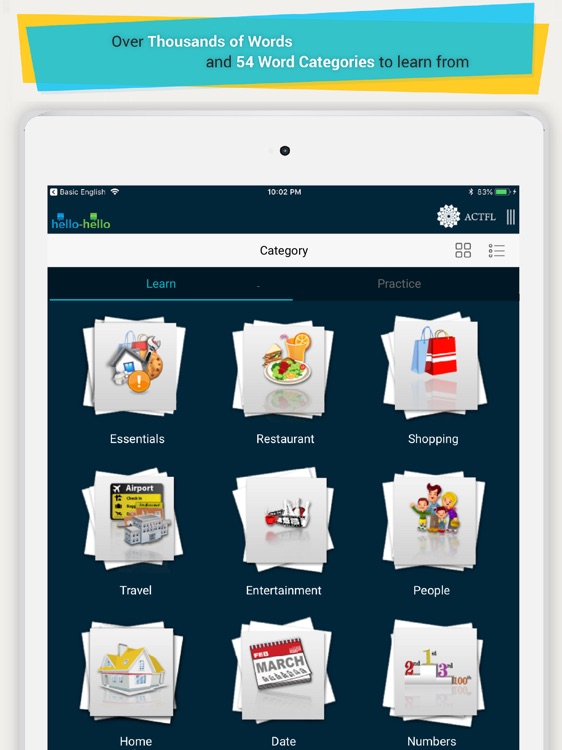The English language is full of colorful turns of phrases. If one is a native speaker of the language, you’ve perhaps learned plenty of them through osmosis. The meaning of them appears so obvious that you’ve probably never thought about why a fiddle is so fit, or why “cold turkey” means to quit something. Certainly, there is some logic behind everything, but there are certain English phrases that seldom make sense.
There could be various reasons why some phrases seldom make sense. Perhaps, their original meaning has been lost over time, or the definitions of individual words have moved out. Let us look at a few of these idioms and proverbs closer, to see where exactly things went wrong.
The phrases
It’s raining cats and dogs (means, it’s raining a lot)
In the entire recorded weather history, there have been some occasions of animals falling from the sky. Strong winds amidst the storms have caused water-friendly creatures such as fish and frogs to pelt the absolutely shocked humans on the land beneath. But never ever has there been a report of cats and dogs raining down.
Sadly, it’s uncertain where the thought of pet showers came from. Theories vary from it being a mishearing of an older English word “catadupe,” which means waterfall, to it being a reference to Norse mythology. We do know that the primitive reference to the idea hails from a 17th-century poetry collection of Henry Vaughan, who wrote that a roof would survive “dogs and cats rained in shower.” Probably the idea, then, was simply that if dogs and cats did rain from the sky, they would do quite a bit of damage to the structures below.
The apple of my eye (means, a person or object loved above everyone else)
Amongst, all the fruit in the world, it sounds strange that the apple would be selected above all others to be the insignia of love. Certainly, apples are good, but are they truly the sweetest possible thing that can be compared with your love to? Perhaps, not. The phrase “apple of my eye” is quite old, and it did not always mean what it is today. It could be traced back to the 9th century CE when it was written in Old English by King Ælfred the Great, but at that stage, it referred to the pupil of the eye.
It’s not clear how exactly the shift transformed from “pupil” to “loved thing.” Shakespeare wrote in A Midsummer Night’s Dream of Cupid’s magic sinking into the apple of one’s eye, which looks to say “pupil,” but Cupid’s powers are love-related, so there might be a double meaning here. There is one part of the phrase one can demystify, though: the use of “apple.” For a moment, the word “apple” was a generic term for “fruit” (this is how pineapple got its name, in spite of not being an apple at all). Thus, the authentic “apple of the eye” was not the red or green fruit one eats today, but any fruit.
Dog days of summer (means, the hottest time of summer)
August is that time of year when it feels like fall and winter will never arrive again. Yes, those are the dog days of summer. And certainly, the image of a dog sweltering in the heat captures the feeling of the month quite well. It does appear like at least a bit of a stretch to call them dog days, however, particularly, when all the animals are suffering under the scorching sun.
As it has been seen, the dog days of summer is obtained from a different star: Sirius. The star was the brightest point in the constellation of Canis Major, which was a display of one of Orion’s hunting dogs. The Greeks believed that in the times of the year when Sirius and the Sun rose in the sky at the same moment (July into August), the added intensity of the two stars is what made the summer heat. They were wrong, definitely, but the phrase remained around.

Learn English Vocabulary with Hello-Hello
Super cool iPhone & iPod touch app for learning English. Hello-Hello’s Basic English app is a great way to build your vocabulary. The app has the following features:
• More than 1,000 words and phrases
• 3 different modules for learning the words
• Practice Reading Skills
• Practice Speaking Skills
• Practice Writing Skills
This app allows you to learn words using pictures and then practice these words so that they are easier to remember.

